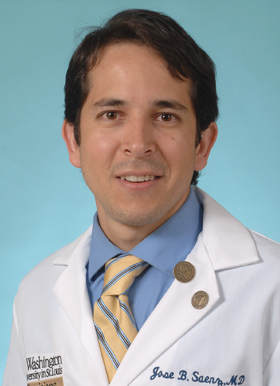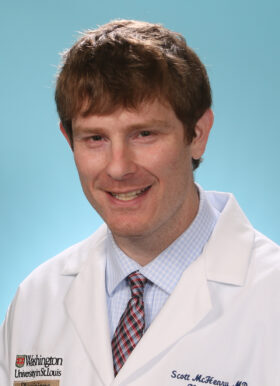The overall objectives of this program are to provide support for the purposes of testing innovative hypotheses which may have significant impact on digestive diseases research. Our hope is that the investigator can then develop enough preliminary data sufficient for funding of a research grant application by conventional mechanisms (e.g. R01). This program hopes to encourage young investigators and more established investigators in other field to approach problems which are relevant to our understanding of normal intestinal, liver and pancreatic function and to digestive diseases. We are particularly interested in projects that address issues in mucosal immunity, epithelial injury/repair, microbial interactions with intestinal, hepatic and pancreatic tissues. We would like to encourage efforts addressing intestinal motility and the application of novel genetic models (e.g. C. elegans, Drosophilia, etc) to address questions in GI tract development.
For questions concerning the relevance of potential applications, contact Brian DeBosch, MD, PhD, Director, Pilot & Feasibility Program, at deboschb@wustl.edu.
The primary objective of this program is to identify projects that will:
- Lead to further extramural, preferably NIH-funded, research support
- Utilize one of the four Core facilities
Who is eligible?
Full time faculty and senior post-doctoral fellows at Washington University including:
- Junior investigators without independent grant support (excluding career development awards) seeking to establish independence in digestive disease research.
- Investigators with independent grant support (past or present) unrelated to digestive diseases-related research, now wishing to enter the field of digestive disease research.
- Investigators with independent grant support who have previously worked in this field but wish to pursue a new research direction in the area of digestive diseases.
It is strongly suggested that you contact Dr. DeBosch at deboschb@wustl.edu to discuss eligibility and relevance prior to submitting an application.
Please Complete Application through link below
List of Current Awardees (2020-2021)
First Year Awardees

Jose Saenz, MD, PhD
Assistant Professor of Medicine
Division of Gastroenterology
Washington University School of Medicine in St. Louis
Title of project: Establishing the role of double-stranded RNA (dsRNA) in gastric metaplasia
(8/1/2021 – 7/31/2022)
Dr. Saenz is an Assistant Professor in the Division of Gastroenterology. His funded project will expand on his preliminary findings that demonstrate that dsRNA accumulates within gastric epithelium during metaplasia and that the dsRNA response is gastric epithelium-autonomous. The funded project will focus on characterizing the role of the dsRNA response in the development of gastric metaplasia.
Second year Awardees

Scott McHenry, MD
Assistant Professor of Medicine
Division of Gastroenterology
Washington University School of Medicine in St. Louis
Title of project: Mechanism of Nonalcoholic Fatty Liver Disease in Crohn’s Disease
(8/1/2020 – 7/31/2022)
Dr. McHenry is an Assistant Professor of Medicine in the Department of Medicine, Division of Gastroenterology. His funded project proposes to test the hypothesis that there is a relative deficiency in the ileal-derived enterokine, fibroblast growth factor 19 (aim1). This was based on the observation that patients with prior ileal-resections were predisposed to NAFLD. For aim 2, Dr. McHenry will test the hypothesis that there are two distinct inflammatory states characterized by unique cytokine profiles that are playing either a protective or harmful role with regard to the development of hepatic steatosis. This hypothesis was based on the observation that patients with acute radiographic inflammation at the time of their MR enterography were protected against NAFLD while those without acute radiographic inflammation were at a marked increased risk for NAFLD even after adjusting for differences in body composition, weight changes and medications. Overall the proposed analyses will provide insights into the mechanisms behind why these otherwise lean patients are having pathologic amounts of hepatic steatosis and lay the foundation for specific therapies aimed at modifying these pathways.

Brigida Rusconi, PhD
Instructor in Pediatrics
Pediatrics—Gastroenterology
Washington University School of Medicine in St. Louis
Title of project: Early life development of tolerance
(8/1/2020 – 7/31/2022)
Dr. Rusconi is an Instructor in Pediatrics in the Department of Pediatrics, Division of Gastroenterology. Her funded project will seek to understand the origin of protective maternal anti-commensal immunoglobulins (Ig) that shape early life microbial communities and protect against enteric infections.